In the heart of Portland’s arts district sits a four-story granite building across the street from the Maine College of Art – the headquarters for a local organization older than the state of Maine.
The Maine Charitable Mechanic Association was founded in 1815 – five years before statehood – to support the skilled craftsmen who made Portland the vibrant, humming seaport it was in the early 19th century. Early members of the group were coopers, shipbuilders, bakers, saddlers, sailmakers and blacksmiths. But times changed. Industrialization reduced the ranks of individual tradesmen and the group lost its prominence.
Now the association is positioned to regain its once-influential role. Its newest members are app developers and digital photographers, representing new blood and energy to help propel the organization beyond the moribund inertia of recent decades to a future connected with the modern-day makers movement.
” ‘Maker’ is just a 21st century word for ‘mechanic,’ ” said Pam Plumb, a former Portland city councilor and mayor who led the mechanic association’s recent long-range strategic planning process. “Mechanics weren’t car mechanics. These were people who made things, whether bread or sails or buildings. These people needed to come together for connection, for stimulation and for building new creations, and that’s still needed today.”
LINKING THE PAST AND PRESENT
A driving force behind the group’s new direction is Sam Mateosian, a 36-year-old Web developer and co-founder of Portland’s Big Room Studios, a Web and mobile application design and development company, and Yarn Corp., a startup focused on social platforms and game-like content (its first product is called Trixel.io).
Mateosian, who joined the mechanic association’s board of trustees in early 2014 and became its president in April of this year, was attracted by the group’s history and the synergy he saw between its original mission to support craftsmen and the work he was doing to support modern makers. Each Tuesday evening, Big Room Studios hosts a networking event called Hack Portland for anyone interested in building and making things.
“When I learned about the history of the organization and its original mission, I immediately saw its connection and continuation in the modern makers movement, and that there was a really beautiful story of tying the history of the tradespeople and craft in Maine to what’s happening today with the re-emergence of handcrafts, like the Etsy culture, and how that’s merging with digital craft,” Mateosian said.
As he focused on creating community around digitally oriented makers, he noticed the Portland area was missing a social hub for craftspeople of all types.
“They’re often working on their own, and so that was one of the places that we saw we could provide some value and create a space for them to connect with other craftspeople,” Mateosian said.
One of the young members who Mateosian helped recruit is Sam Walker, a 28-year-old photographer who lives in a cabin he built in Raymond. He joined the Maine Charitable Mechanic Association this year because he sees its potential to be a place where he could mingle with other artists and craftspeople, share ideas, form collaborations and learn from others.
“In my mind, the vitality of a city lies in the health of its informal public life,” Walker said. “Think of café culture in Vienna or Paris in the early 20th century. These were places where there was a lively exchange of ideas, the result of which – not mere coincidence – was the emergence of a number of great thinkers and artists. Most cities, despite all the coffee shops and bars, are extremely deficient in this regard.”
Despite Portland’s robust restaurant and bar scene, Walker includes the city in this latter category. He has a vision of the group serving “as a focal point for the great minds of Portland.”
“My hope is that it will ultimately be a catalyst for a larger creative movement, one that will place the city firmly on the map as a hub for intellectual and entrepreneurial pursuits,” he said.
NEW STRATEGIC PLAN ADOPTED
Central to the strategy behind the Maine Charitable Mechanic Association’s revival is its building in the heart of Portland’s arts district.
Association members built Mechanics’ Hall at the corner of Congress and Casco streets in 1858. Over the years, the building has served as a barracks for soldiers during the Civil War and as a temporary City Hall after a major fire in 1866 destroyed large sections of the city.
It currently houses the association’s lending library, which the members created in the 1820s to serve as a resource for apprentices, and a ballroom. It is also home to two street-level retail spaces currently occupied by the Art Shop and Encore, a thrift store.
The library itself has become a historical curiosity. At the time it was created, there were no public libraries and access to books and the knowledge they contain was open only to those with money. In the early 19th century, the only libraries that existed in Portland were private ones, Mateosian said. The Portland Public Library would not be founded until 1867.
Although there were once thousands of membership libraries in the country, there are only 16 in existence today, according to the Membership Libraries Group, an organization formed to support those remaining membership libraries. Most simply disappeared over the years, victim to changing times and a loss of relevance as taxpayer-supported libraries became the norm. Others evolved. The Bangor Mechanic Association, which also had a membership library, eventually became what’s now the Bangor Public Library.
Maine’s isn’t the only remaining mechanic association, either. The groups spread throughout Europe and the United States in the early 19th century. Many are gone, but some still exist in cities like New York and San Francisco. The Massachusetts Charitable Mechanic Association also still exists. It was founded in 1795 by a group that included notable maker Paul Revere.
But others have faltered. When Brad McCurtain, a third-generation member of the Maine association who has paid his dues for more than 30 years, became president of the group’s board in April 2013, he immediately realized the association was heading toward oblivion.
The group, which has 300 members who pay the $25-a-year membership fee, has suffered from a lack of participation in recent decades, McCurtain said. It scraped by through the rental income from Mechanics’ Hall and a small endowment that throws off a little revenue. The only activity the group maintained throughout the years was a series of travel lectures, but that has only attracted a small number of older members, he said.
“I knew that if we continued traveling down the path we were on we wouldn’t see our 250th anniversary,” said McCurtain, who works in the financial services industry as president of Maine Securities Corp.
BACK FROM BRINK OF EXTINCTION
So McCurtain tried to revamp the organization. He helped launch a newsletter to engage members again. He helped digitize the group’s membership records, which were still cataloged by hand well into the 21st century. Most importantly, he helped launch a long-range planning process, which culminated in a meeting Tuesday at which the 20 or so members voted to adopt the new strategic plan. The plan contains short- and long-term goals and the organization’s first mission statement in its 200-year history: “The Maine Charitable Mechanic Association strives to inspire and enrich the community by promoting ingenuity, creativity, innovation and the diffusion of useful knowledge.”
The new strategic plan has seven goals to accomplish by 2019, including being financially sustainable, having a clear plan for use of Mechanics’ Hall, and maintaining “a vibrant community of users, members, organizations with common interests.”
Members also voted to place four new members on the board: Jess Knox, founder of Maine Startup and Create Week; Richard Spencer, an attorney in Drummond Woodsum’s Portland office; George Burns, a shareholder at Bernstein Shur in Portland; and Jamie Johnston, a furniture maker and professor at the Maine College of Art.
Like Mateosian, Knox was interested in joining the board because of the group’s intriguing history. While he has no prior involvement with the group, he quickly bought into the vision of how a revived mechanic association could play a role in Maine’s growing innovation and entrepreneurship community.
“Where you’re in space where people who came before you are filing patents and fabricating things, that’s got an emotional aspect to it,” Knox said. “So if reviving this organization helps strengthen the innovation and entrepreneurship community, that’s great.”
MAKING NEW VISIONS A REALITY
Spencer, on the other hand, has been a member of the mechanic association for 25 years. He joined because the organization was a bit of a novelty and he appreciated its history in the city. However, he acknowledges not being very active until the recent energy around the group’s revival pulled him in.
Spencer has been a member long enough to remember when the association still offered free mechanical and architectural drawing classes to members, which it did from 1875 until 1988 (instructors included famed Portland architect John Calvin Stevens, who also once served as the association’s president). In fact, Spencer’s son took those classes in the 1980s. Today, he’s an architecture professor at the University of Washington.
“I don’t know if that directly related to his becoming an architect, but certainly some sort of seed was planted,” Spencer said.
Part of the strategic plan aims to bring an educational component back to the association’s mission. Ideas range from reviving the classes in architectural drawing to offering classes in basic coding or Web design.
But it’ll be up to members and the new board to make these visions a reality. Spencer, for one, is looking forward to the challenge.
“I think it’s kind of amazing,” he said. “The organization was formed by people who made a living off skilled workmanship, banding together for self-improvement and to help each other. Now there’s a whole revival going on in Portland and around the country of the makers movement and people who are either traditional craftspeople or innovators using new technologies. So, in a way, the mission the organization originally had seems remarkably relevant to what’s happening right now. I think it’ll be fun to be part of its revival.”
Send questions/comments to the editors.

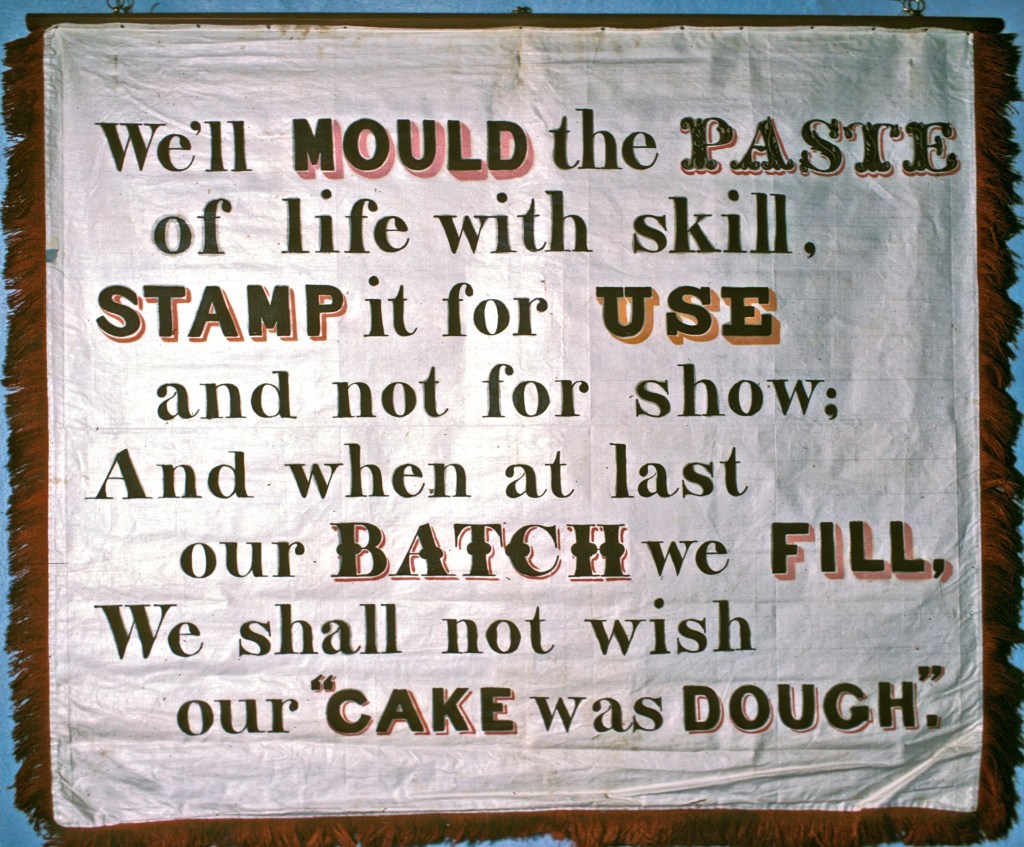
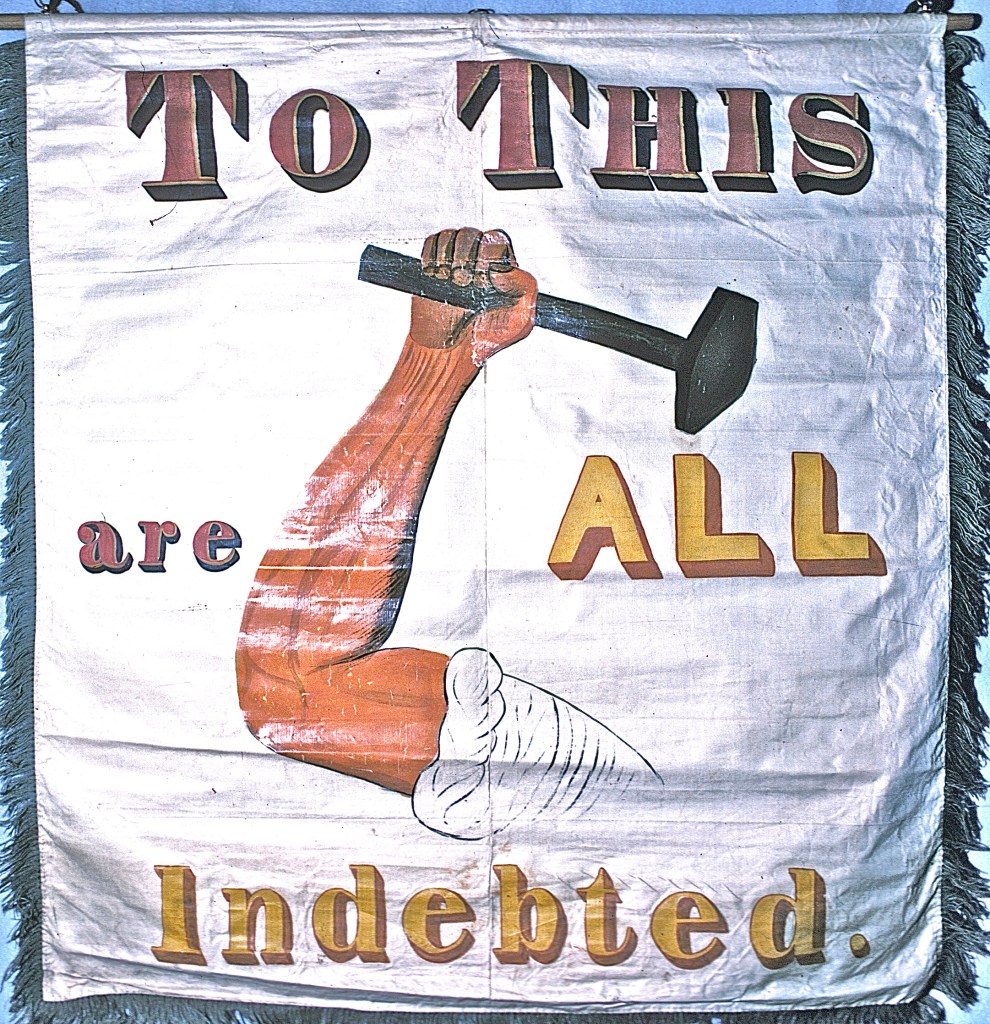
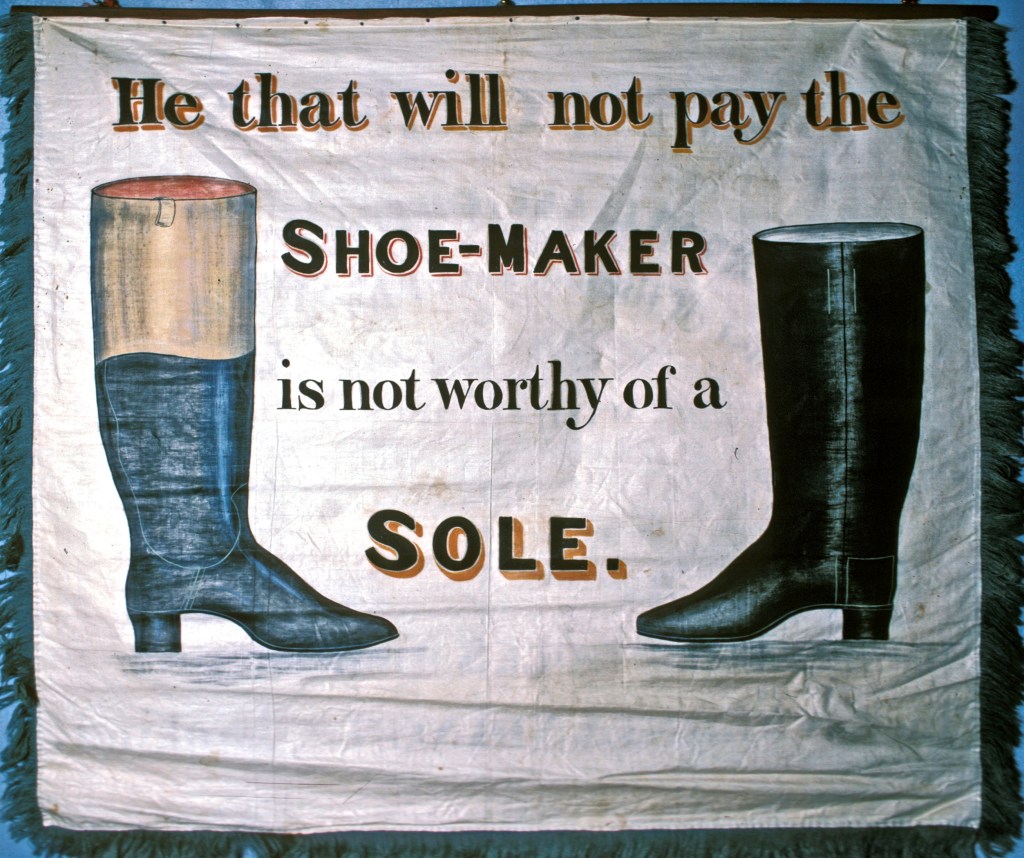

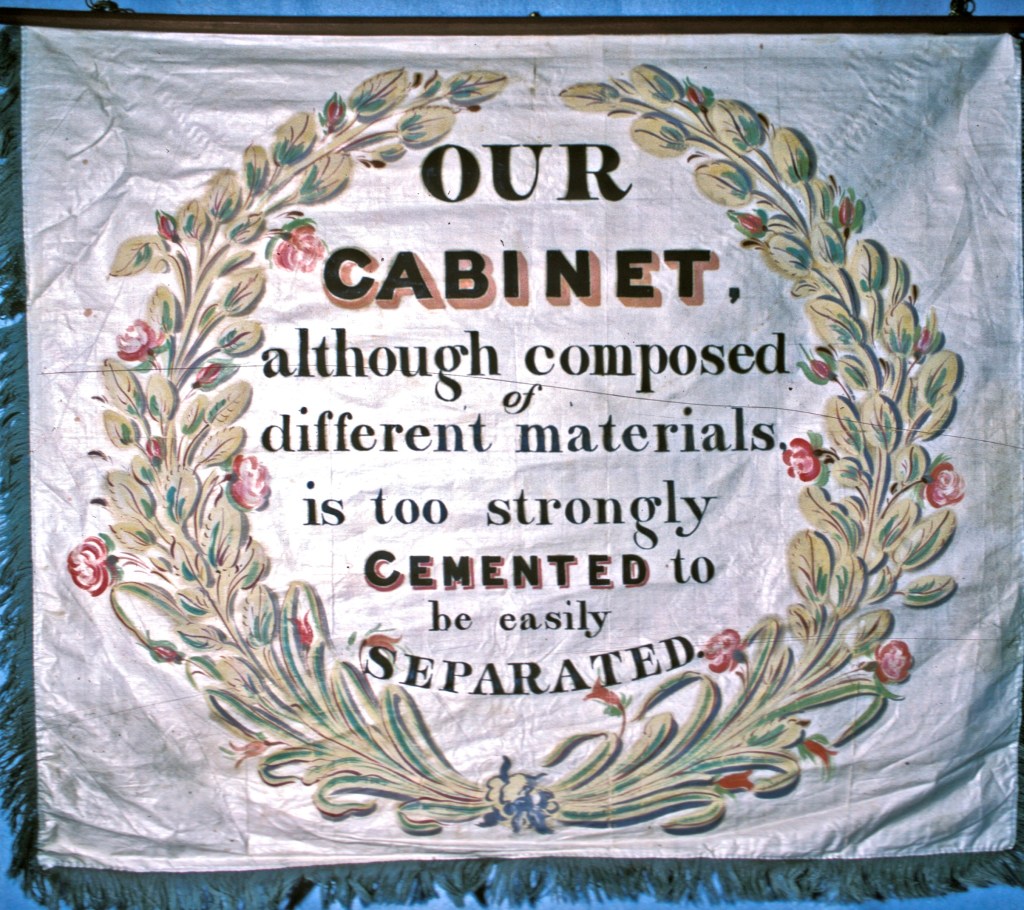
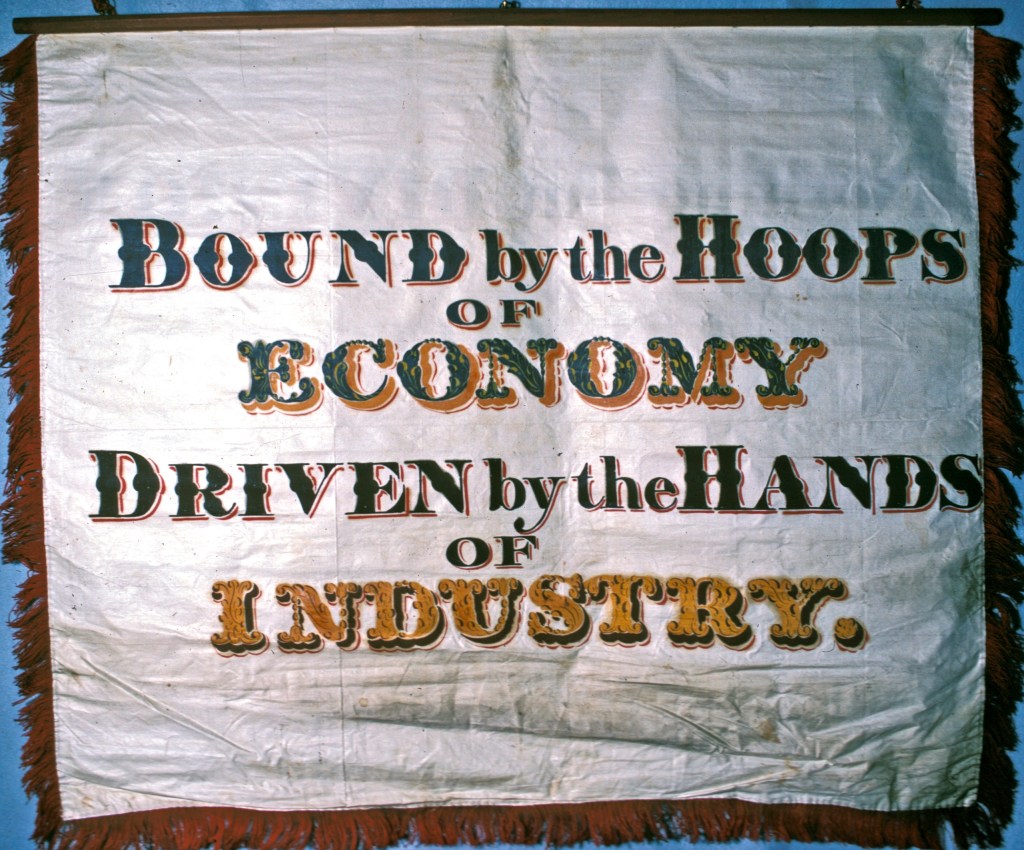
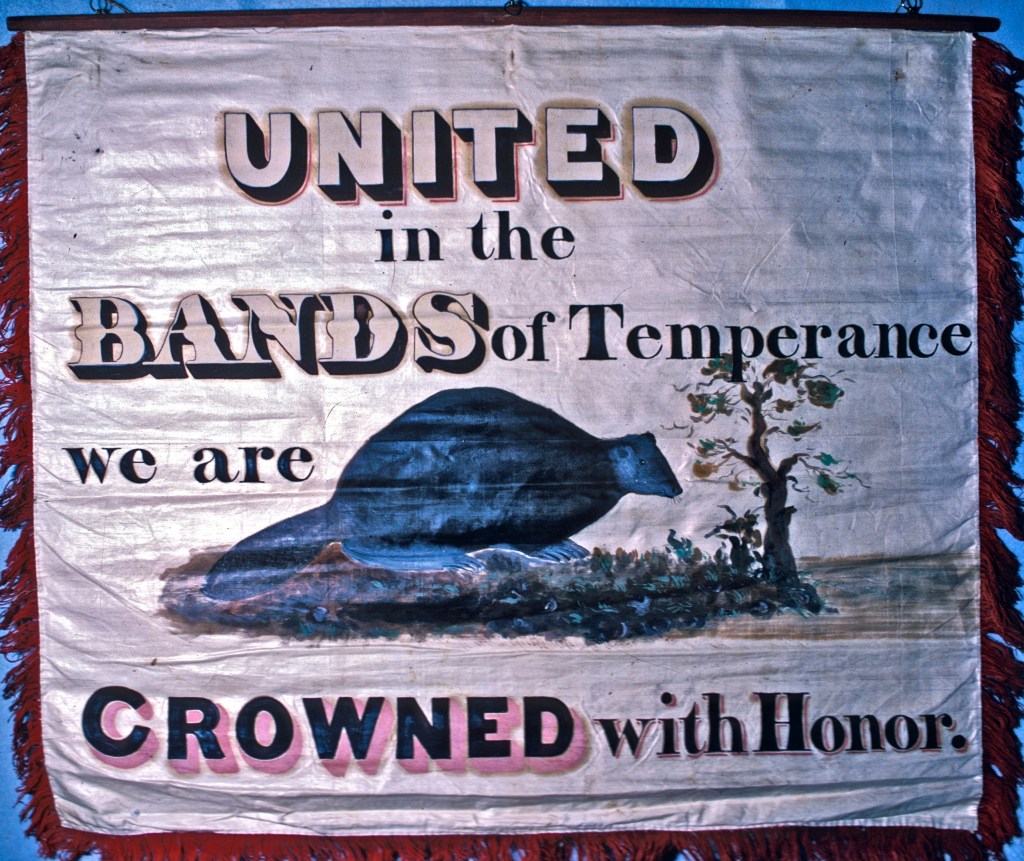
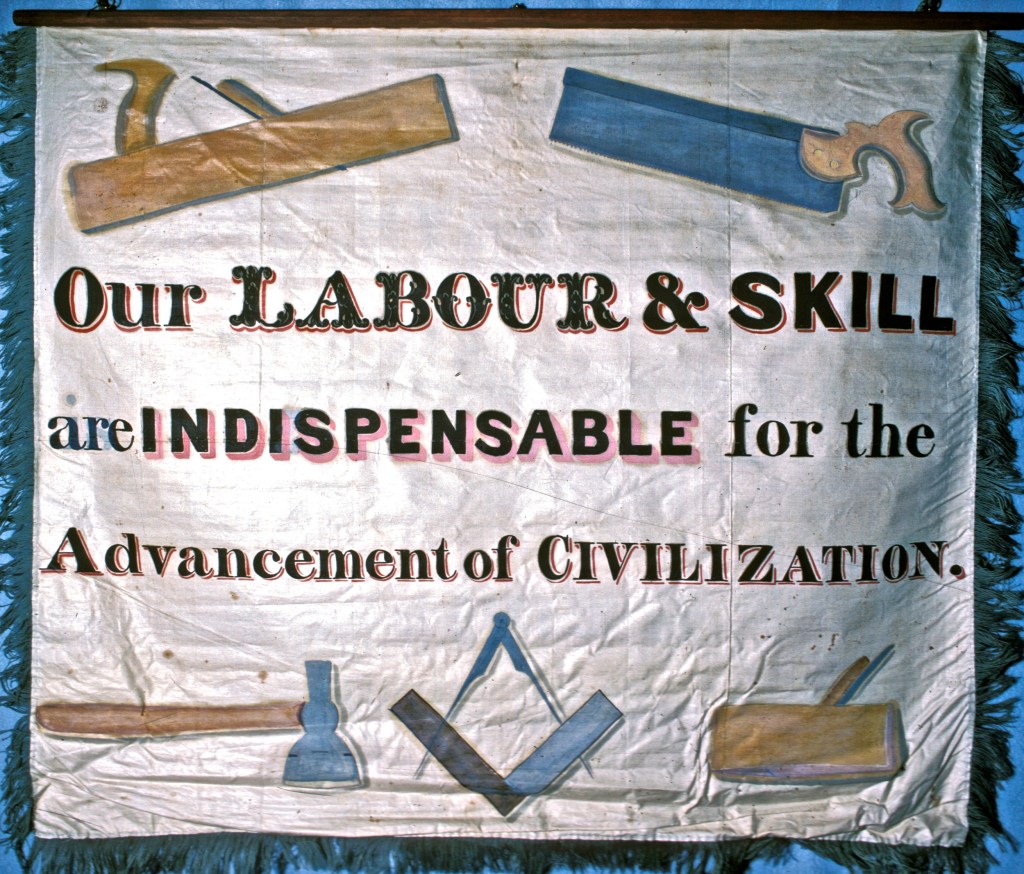
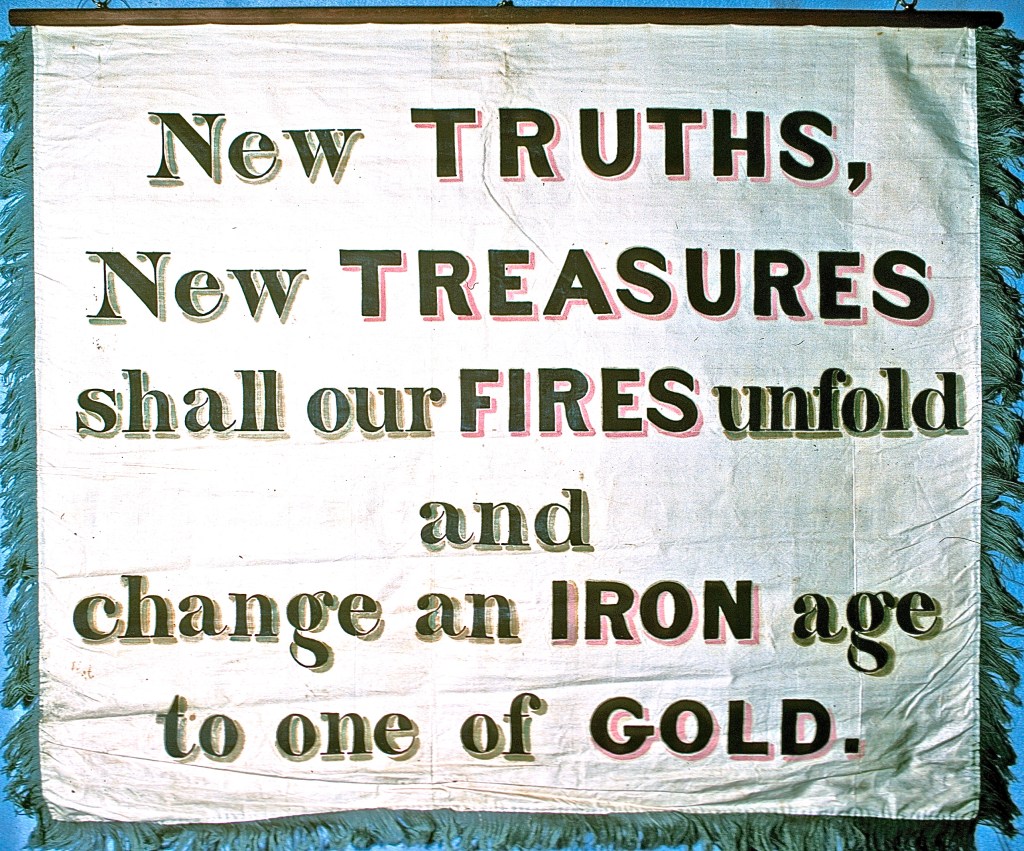
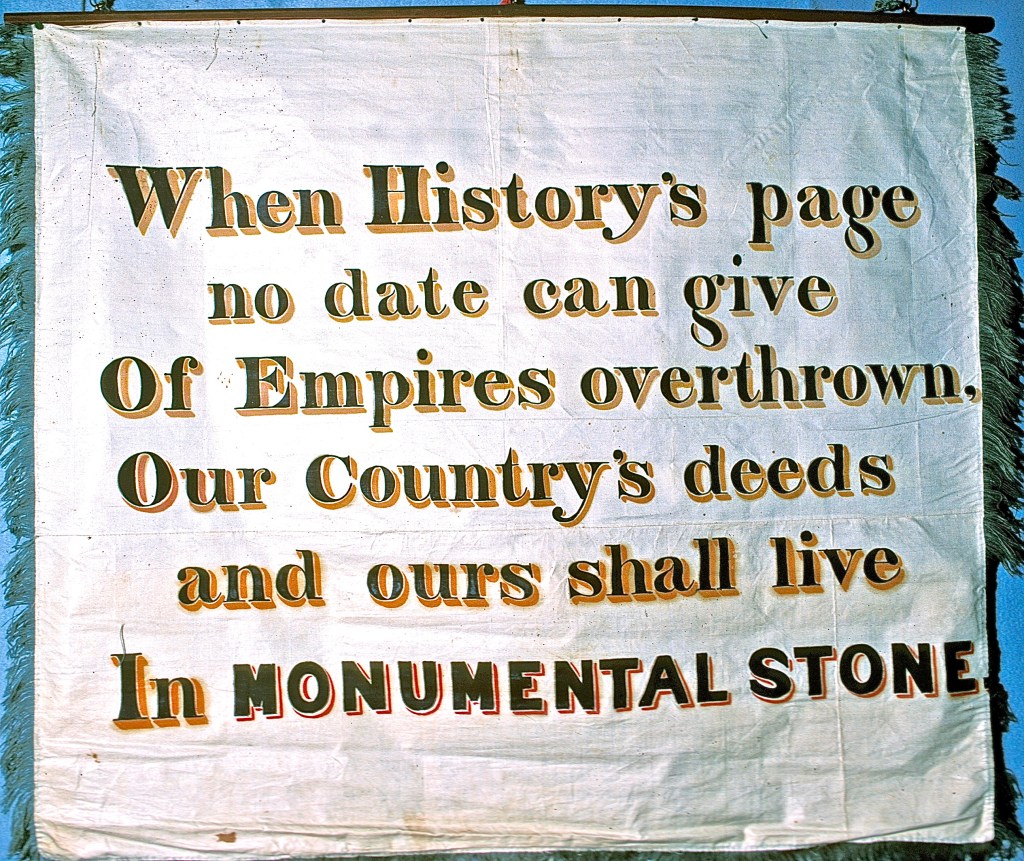
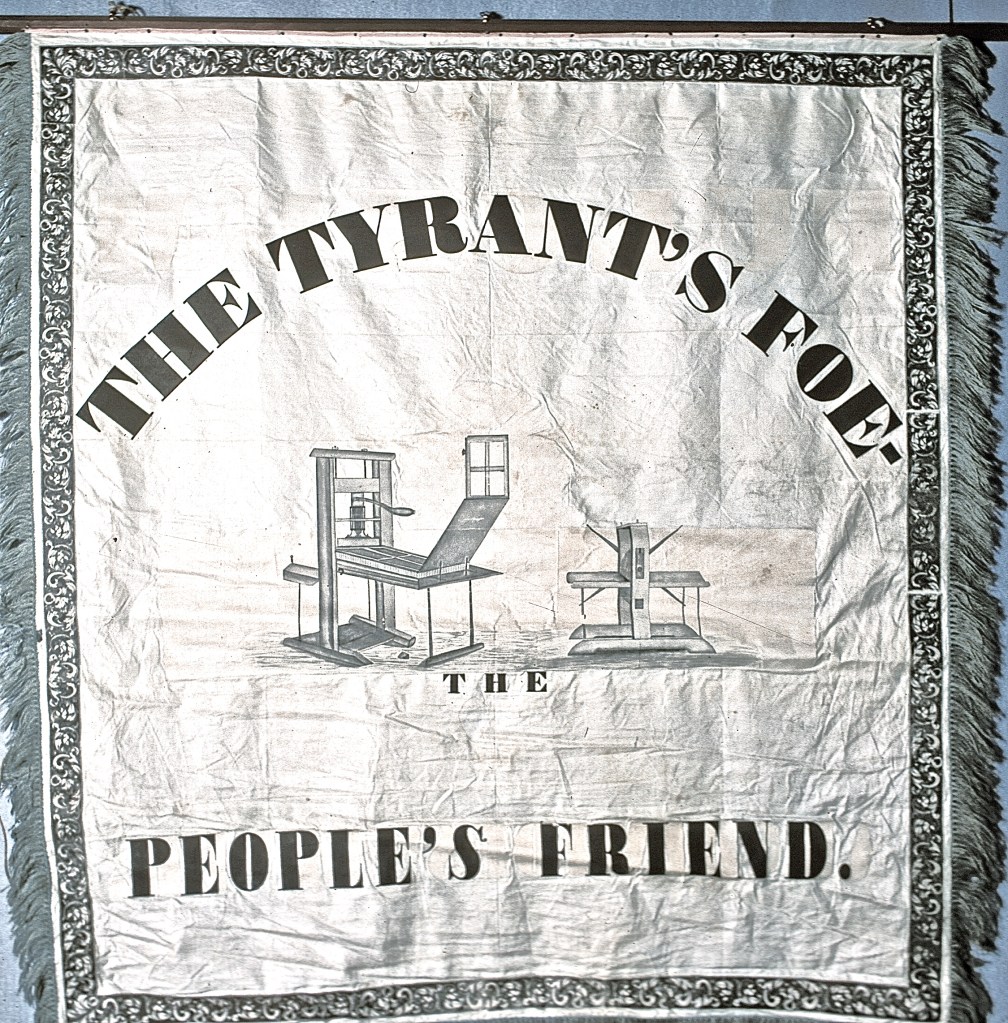
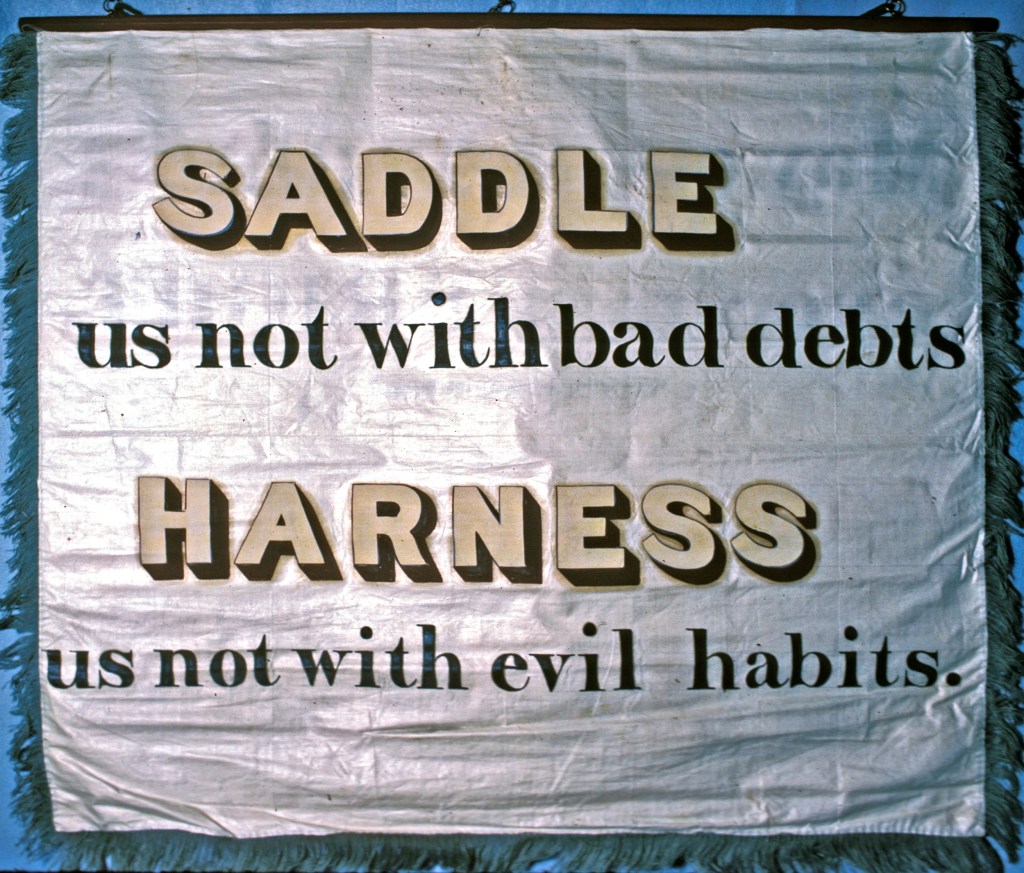
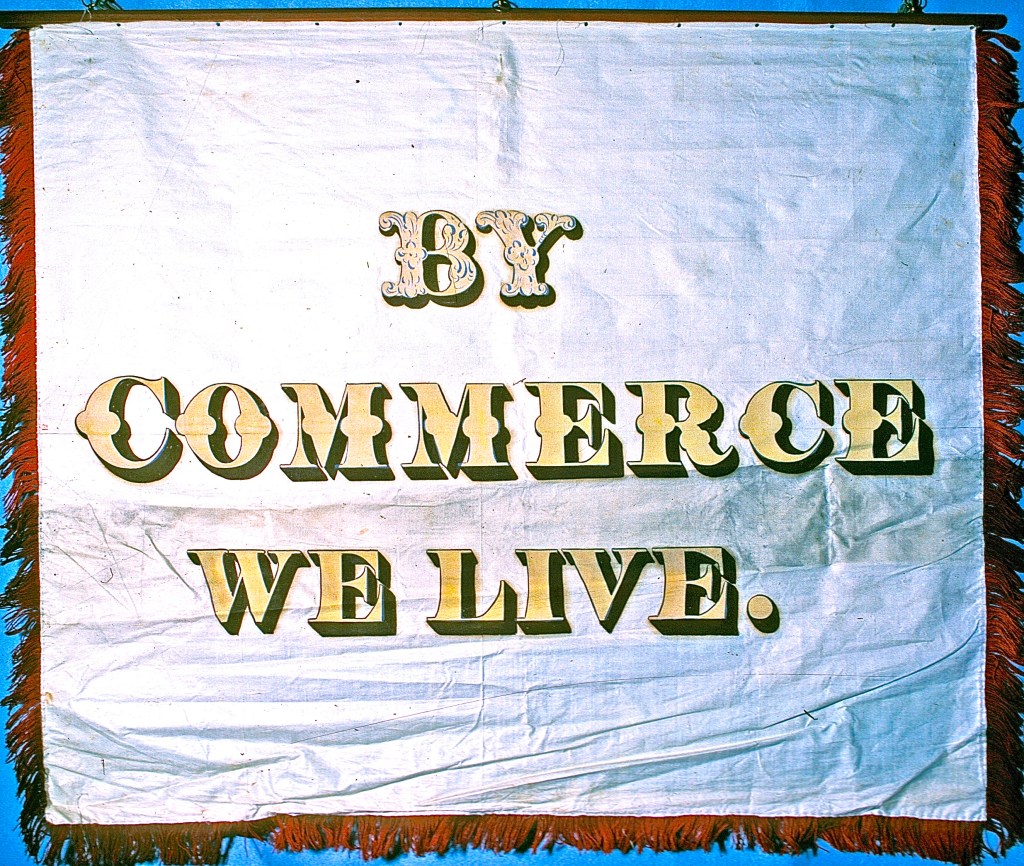
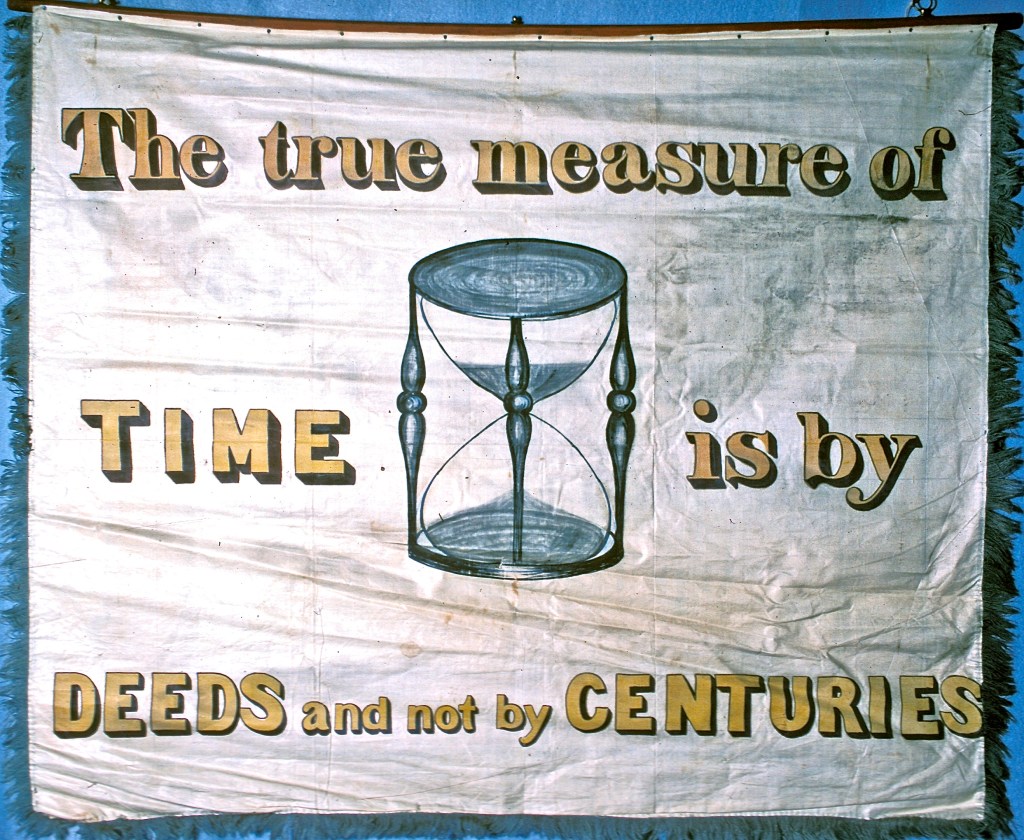

Comments are no longer available on this story